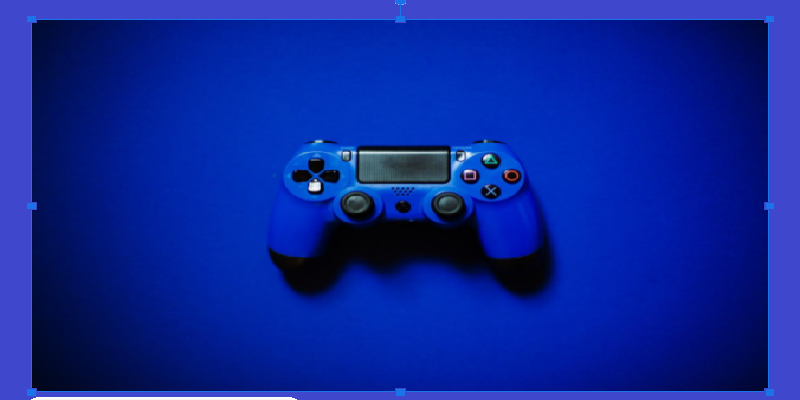
Back in the 90s and early 2000s, video game consoles were nothing more than compact computers that played games and nothing else. Even when the PS2 and original Xbox gained access to the Internet via specific attachments, neither Sony nor Microsoft did much with Internet access besides enabling online multiplayer. This changed with the PS3 and Xbox 360, however.
Suddenly, consoles could do more than play games. They could stream Netflix, and in the PS3’s case, replace Blu-ray players. In some cases, they could even act as an Internet browser. These trends have continued to this day, to the point where consoles are just as good at delivering a home entertainment experience as they are providing a gaming one.
But with this increase in capabilities comes security concerns. Unlimited access to the Internet has enabled cybercriminals and hackers to mess with players’ experiences and put their data in harm’s way.
Security Risks Haunting Video Game Consoles
Data Breaches
Let’s start by discussing data breaches. Sony and Microsoft are no strangers to data breaches, and in Sony’s case, they have happened far too often for comfort. These data breaches typically end in millions of users’ data being leaked to the public, including their payment information.
Hackers
Hackers not only participate in data breaches, but they also ruin other players’ experiences in games and target specific players to harass. This harassment can go as far as a DDoS attack, limiting the affected user’s Internet connectivity.
How Gamers Can Protect Themselves
The evolution of video game consoles from simple gaming boxes to an all-in-one hub for gaming and TV has been beautiful to experience. But hackers and data breaches hurt the player experience. So how can gamers protect themselves while on their consoles? Fortunately, there are a few ways to do so.
Creating a Secure Internet Connection
A lot of the security issues console users face can be traced back to the Internet. As such, console users must focus on securing their Internet connections. This includes creating a secure password for their network, hiding their network from showing up, and safelisting only the devices the user knows of. However, there is another way users can secure their connections: a gaming VPN.
A proper gaming VPN encrypts a user’s console’s connection to the Internet, ensuring that cybercriminals and hackers alike will be unable to mess with their connection or trace their online activity via their IP. Plus, VPNs can help reduce latency. What’s not to love?
Using Secure Passwords
Doing anything online-related on a console requires signing into an account, whether PlayStation Network or Xbox Live. This isn’t too bad, but it does open the door for hackers to hack a user’s account, mess with their settings, steal their data, and even wipe their console.
To prevent this, users need to ensure that the passwords they use for console-related accounts are as strong as possible. Said users should also routinely change their passwords to prevent unauthorized access further.
Setting Up Passcodes/Two-Factor Authentication
Lastly, users always need to set up two-factor authentication on their accounts. For those out of the loop, two-factor authentication is a second step of account logins where a passcode is sent to a user’s email or phone as a means of verifying the identity of the person logging in.
Speaking of passcodes, consoles like the Xbox One allow users to set up passcodes for the consoles to prevent unauthorized access. This step is especially important if said user has people over at their house often or if their console is located in a public area.
Conclusion
The evolution of video games consoles has been astounding to watch. But their evolution has hit a few snags here and there, mostly regarding security. Fortunately, there are plenty of ways for users to secure their consoles!

